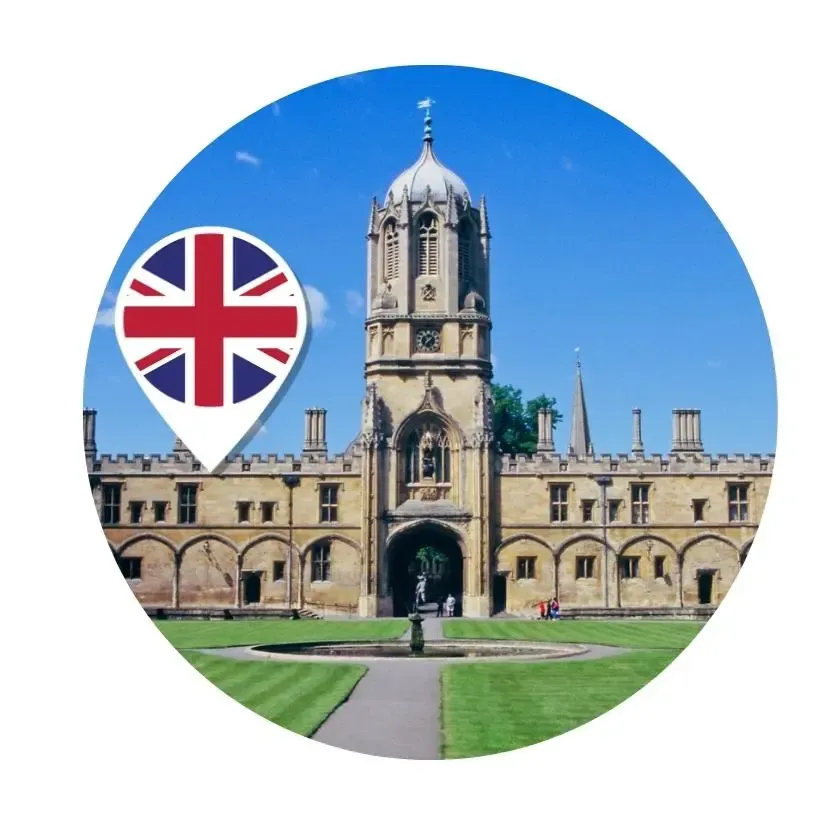Exploring the Significance of the Russell Group of Universities in the UK
The Russell Group is a prestigious association of 24 research-intensive universities in the UK known for their high academic standards and world-class research output.

The Russell Group is a prestigious association of 24 research-intensive universities in the UK known for their high academic standards and world-class research output.

A self-selected group of twenty-four UK universities, including Oxford, Cambridge, Durham, Manchester, and Warwick, makes up the Russell Group Universities.
These institutions, which are dispersed across England, Scotland, Wales, and Northern Ireland, are renowned for their exceptional academic brilliance, world-class research, and profound influence.
The Russell Group may be thought of as the UK's Ivy League.
Universities of the Russell Group have a significant global and UK-wide social, economic, and cultural influence. Here are some of the biggest effects:
The Russell Group is an association of 17 leading research-intensive universities in the UK, including the University of Birmingham, Leeds, Liverpool, and Imperial College. The group was formed in 1994, when vice-chancellors and principals of these institutions gathered at the Russell Hotel, now the Kimpton Fitzroy London Hotel, to discuss the future of higher education in the country.
The main objective of the group was to provide the best possible conditions for universities to flourish and make a positive impact on society, culture, and the economy through their teaching and research. A strategy for managing and funding the universities was developed soon after the conference, resulting in an increase in the number of Russell Group universities and students.
In 1998, King's College London and Cardiff University joined the consortium, followed by Queen's University Belfast in 2006, and Durham, Exeter, Queen Mary University of London and York in 2012. The group decided to hire its first director-general in 2005 to oversee its policy studies and other activities and Wendy Piatt, then the deputy director in the Prime Minister's strategy unit, was appointed as the new Director-General and CEO in November 2006.
1998 saw the addition of King's College London and Cardiff University to the consortium. In November 2006, Queen's University Belfast became the association's twentieth member. In March 2012, it was announced that Durham, Exeter, Queen Mary University of London, and York would join the Russell Group.
The Russell Group announced in December 2005 that it would hire its first full-time director-general due to the expansion of its activities, which would include commissioning and conducting policy studies. Thus, in November 2006, Wendy Piatt, who was then the deputy director of the Prime Minister's strategy unit, was named the organization's new Director-General and Chief Executive Officer.
The current member universities of the Russell Group are:
Each university has its own unique strengths and areas of expertise, but they are all highly regarded for their research output and academic rigor.
The Russell Group universities are consistently ranked among the top universities in the world and are widely regarded as some of the best in the United Kingdom. The advantages of attending a Russell Group university include access to world-class facilities and resources, high-quality instruction, and opportunities to participate in cutting-edge research projects.
The Russell Group has also had a significant impact on research and innovation in the United Kingdom. Its member universities are responsible for a significant portion of the United Kingdom's research output, and the group has been instrumental in advocating for increased government funding for research. The Russell Group also plays an important role in shaping government education and research policy, and its members are frequently consulted on matters concerning higher education and innovation.
Arguments against the Russell Group The Russell Group has faced criticism throughout the years despite its many strengths. One frequent accusation is that the organization is elitist and primarily serves wealthy, privileged students. The high entry requirements and tuition fees at many Russell Group universities, which can make it difficult for students from disadvantaged backgrounds to attend, contribute to this criticism.
A further criticism of the Russell Group is that it lacks sufficient diversity. While efforts have been made to increase diversity among the group's member universities, the majority of them are still located in affluent areas and have a predominantly white student body.
Efforts within the Russell Group to address these issues have included initiatives to increase access and broaden participation, as well as initiatives to promote diversity & inclusion. Additionally, the group has collaborated with the government of the United Kingdom to develop policies that promote social mobility and expand access to higher education for disadvantaged students.
Each university under the Russell Group has its own eligibility criteria which differ as per the program level and discipline. The parameters may include previous qualifications, grades, eligibility test scores, work experience, etc.
All universities would require a good command of the English language. Your visa will also need you to fulfill a certain criterion for entering the country. You can find out all about the English language test score requirements on the university’s website. Also, check for student visa requirements on the Government of UK website.
The Russell Group is a collection of 24 leading universities in the UK that are highly respected worldwide for their exceptional academic standards, research excellence, and prestigious reputation. Despite facing criticism over the years, the group has played a vital role in shaping higher education and research policy both in the UK and beyond.
If you're considering studying in the United Kingdom, Maxxcell, a top education consultancy, can offer guidance and support throughout the application and enrollment process, ensuring a seamless transition to your academic career in the UK. Don't wait any longer to take the first step toward achieving your academic and professional aspirations. Contact Maxxcell today!